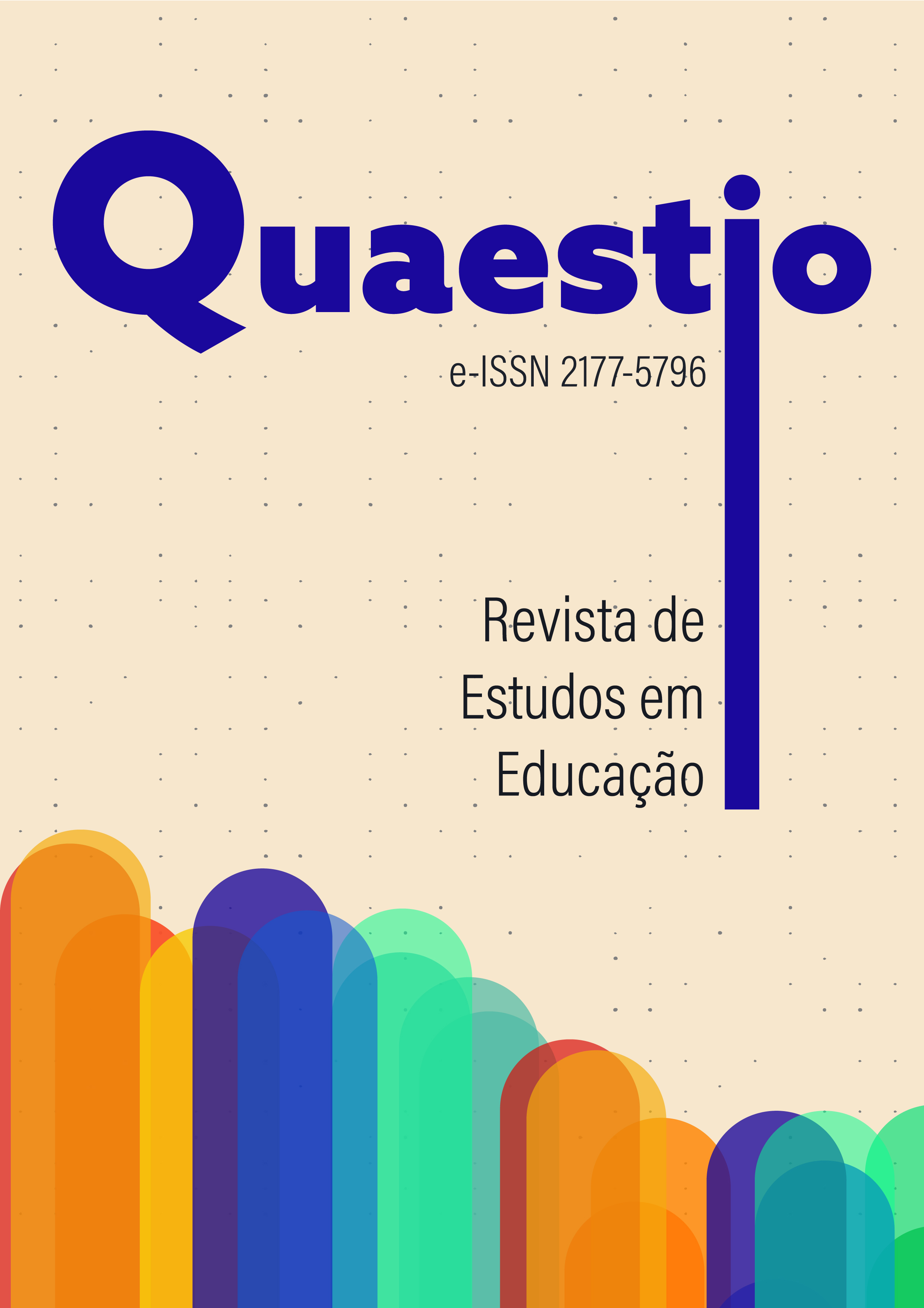Emergency remote learning
the case of the social work course in Portugal
DOI:
https://doi.org/10.22483/2177-5796.2023v25id5056Keywords:
remote teaching, consequences of the pandemic on teaching, social work.Abstract
This descriptive study aims to understand the teachers' perception, during confinement periods, of the type of teaching-learning and assessment methodologies, their impact on the learning process, the achievement of objectives and competencies, and the main limitations and gains. The instrument for data collection was the survey to undergraduate teachers in social work. Regarding the learning process, students found it more difficult to concentrate and there were constant technical and internet access problems. The distance was the main impact on the student-teacher relationship. The objectives and competences were, for the majority, partially achieved, highlighting the distinction, for its achievement, between theoretical, theoretical-practical, and practical classes. The acquisition of relational, argumentative and oral skills was the most affected, but, on the other hand, they deepened others. There was a transposition of the methodologies of face-to-face teaching to online teaching with consequences for both teachers and students.
Downloads
Downloads
Published
How to Cite
Issue
Section
License
Copyright (c) 2023 Jacqueline Marques, Ana Paula Garcia

This work is licensed under a Creative Commons Attribution-NonCommercial 4.0 International License.
Esta licença permite que outros remixem, adaptem e criem a partir do artigo para fins não comerciais, desde que atribuam ao(s) autor(es) o devido crédito e que licenciem as novas criações sob termos idênticos.
Os artigos publicados são de total e exclusiva responsabilidade dos autores, que mantêm os direitos autorais e atribuem o direito da primeira publicação para a Quaestio: Revista de Estudos em Educação do Programa de Pós-Graduação em Educação da Universidade de Sorocaba.
Outros acordos contratuais podem ser feitos pelos autores, para posterior distribuição da versão do artigo (por exemplo em páginas institucionais ou pessoais, ou em livro), explicitando que o trabalho foi publicado nesta revista .

















